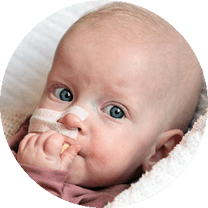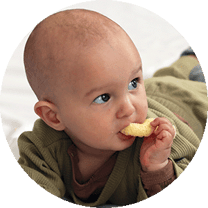How can we help you?
Does your child have difficulty eating? Our interdisciplinary team offers treatment and therapy for children and adolescents who have difficulties with eating, feeding, and eating behaviours. With our online therapy programs, we can help you no matter where you and your child live.
News from NoTube
- Our latest live Q&A took place on Thursday, October 23rd at 8pm CET and was on the topic of "Our telemedical approach: Your questions and our answers"
- This interactive session with our team is for parents of children with eating difficulties, parents of tube fed children and professionals who are interested in the topic.

Moritz
Moritz came into the world a little bit early and was born with a genetic syndrome. Because of his oesophageal atresia, he could not eat orally.
Read more...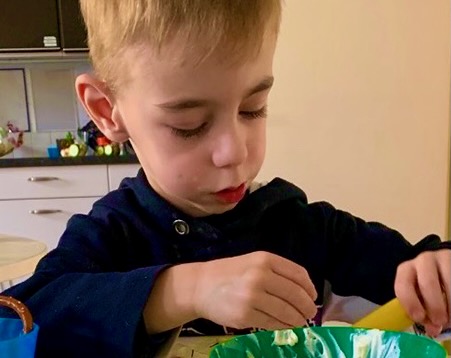
Samuel
Samuel was born in the 28th week of pregnancy with a low birth weight. He only drinks liquids.
Read more...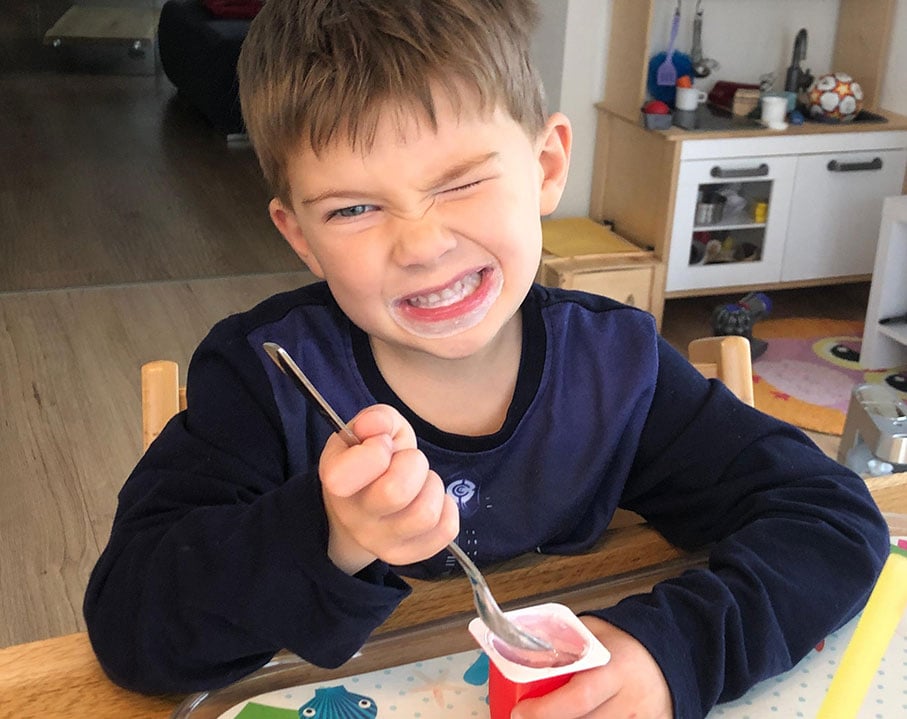
Theo
Five-year-old Theo, from Austria, eats only a limited selection of foods. Trying new foods is difficult.
Read more...
Aidan
Aidan is from the UK. At the age of six months, he started Netcoaching at NoTube. He was born with a genetic syndrome.
Read more...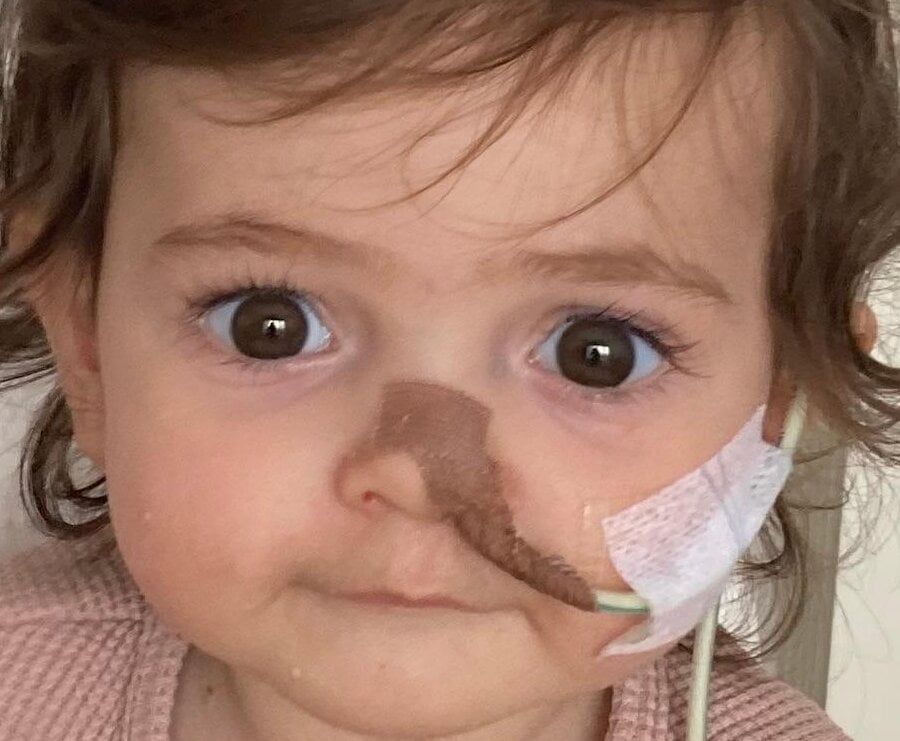
Zara
Zara is 15 months old and has been fed via a nasogastric feeding tube for the past few months. Her parents are concerned that their daughter might need a G-tube.
Read more...Click here to see and download our E-Books:








